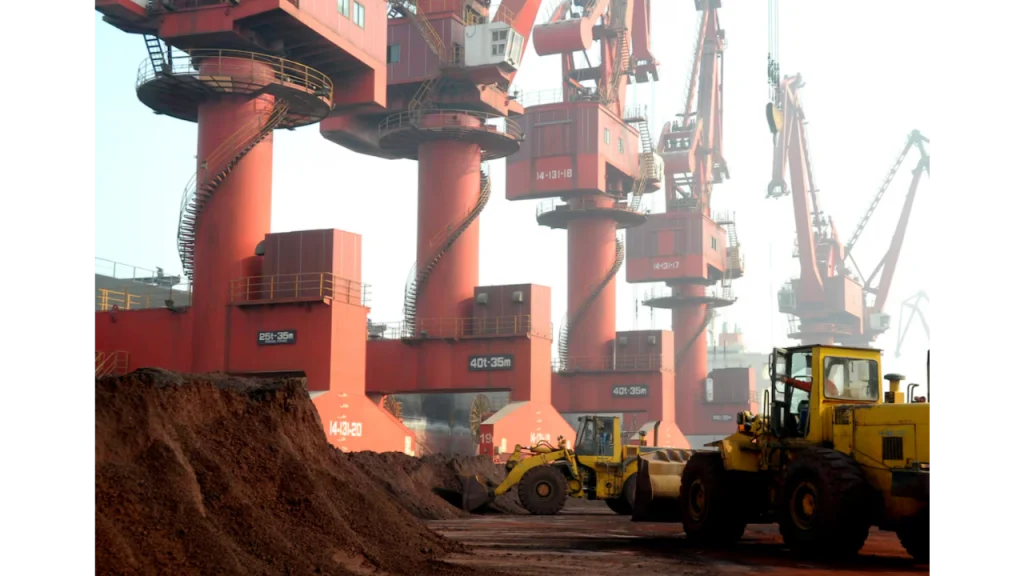- New measures extend April’s regime to more elements and processing/recycling gear, with case-by-case reviews for chip uses.
- Beijing, which refines ~90% of processed rare earths, also limits overseas cooperation without prior approval.
What happened: 5 more elements and tighter rules
China’s Ministry of Commerce expanded export restrictions on rare earths, adding, erbium, thulium, europium and ytterbium to its control list and widening licence requirements for processing and recycling equipment. Defence end-users abroad will not receive licences; semiconductor-related shipments face case-by-case review.
The move builds on April’s sweeping controls and extends rules to collaboration: Chinese firms must seek approval before partnering with foreign entities on rare-earth technology, and foreign users of China-made components may need an to re-export covered items. China’s dominance—over 90% of processed rare earths and key magnet know-how—magnifies the policy’s global reach.
Also read: China rushes for Nvidia chips as US ban eases
Also read: China-backed hackers intensify cyberattacks on Taiwan chipmakers
Why it’s important
Rare earths underpin EV drivetrains, wind-turbine generators, fibre-optic systems and defence platforms. Adding five heavy rare earths tightens supply at the margins most exposed to scarcity, while stricter gatekeeping over processing gear could slow non-Chinese midstream build-outs even if mining diversifies. Markets took note: mining equities and a sector ETF rose on the news. Yet questions remain. How quickly can buyers secure diversified supply or substitute materials without performance penalties? Will licences flow predictably, or will case-by-case reviews inject timing risk into chip and defence supply chains?
For governments, credible contingency plans mean stockpiles, recycling, and incentives for separation and magnet plants—plus transparent reporting on licence lead times. For manufacturers, design-for-substitution and inventory visibility will be as important as headline offtake deals. The signal from Beijing is clear: expect tighter oversight across materials, machinery and know-how.

